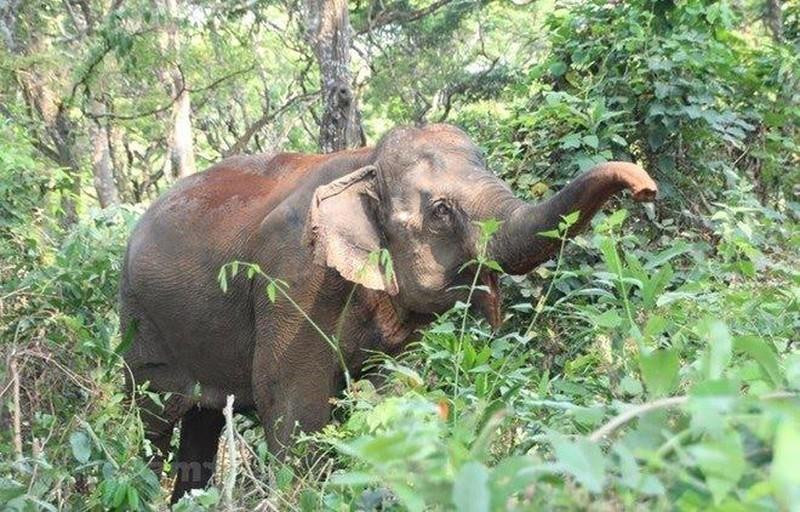The issue of mobilising finance to protect biodiversity is at the heart of COP15 in Canada. Previously, experts also predicted that this would be the big challenge of COP15, with rich countries under pressure to support developing countries in nature conservation.
Brazil and 69 other countries have announced their intention to make international funding of biodiversity a condition for adoption of the global biodiversity framework. Negotiators are currently discussing a support figure of about 200 billion USD per year, but progress in financial negotiations at COP15 is considered slow.
The problem of mobilising finance to fight the biodiversity crisis is not easy to solve, especially when statistics show that the gap between the amount of money needed and the amount actually being spent is about 700 billion USD per year - a gap that is hard to fill. At COP15, officials suggested that the private sector could be part of the solution, emphasising the need for funds from the private sector as well as from philanthropy to raise funds for biodiversity protection.
After much controversy, the 27th session of the Conference of the Parties to the UNFCCC (COP27) in November 2022 ended with a historic step, with the countries agreeing to establish a "Loss and Damage" fund to compensate developing countries that are severely affected by climate change. Building on the success of COP27, Basile van Havre, co-chair of one of the COP15 working groups, does not rule out the possibility that a similar decision on biodiversity will be made at COP15.
Observers hope that this event will bring about a historic agreement to protect nature and reverse the damage that humans have caused to forests and swamps and the creatures living in them. The global biodiversity agreement, also known as the Post-2020 Global Biodiversity Framework, has been delayed for the past two years due to the Covid-19 pandemic.
United Nations Secretary-General Antonio Guterres once emphasised that “biodiversity is collapsing – and we are the losers”. Humans must race to end the biodiversity crisis with strong, drastic and urgent action. Scientists warn that Earth's creatures are on the brink of a sixth mass extinction.
According to the Red Book of Endangered Species of Plant and Fauna, climate change and environmental pollution are destroying the habitats of marine species, placing nearly 10% of them at risk of extinction.
Major global biodiversity loss could cause enough economic damage by the end of the decade to severely cut more than half of the world's sovereign credit ratings.
Amanda Vincent, Chair of the International Union for Conservation of Nature (IUCN) Species Survival Commission's (SSC) Marine Conservation Committee, said the endangered status of these species is alarming and requires us to act quickly to prevent their risk of extinction. The fight to protect nature has never been as urgent as it is now. The COP15 will be a good opportunity for countries to promote their sense of responsibility, join hands to work together to prevent and reverse the loss of biodiversity, and ensure a path of harmonious coexistence between humans and nature.
















